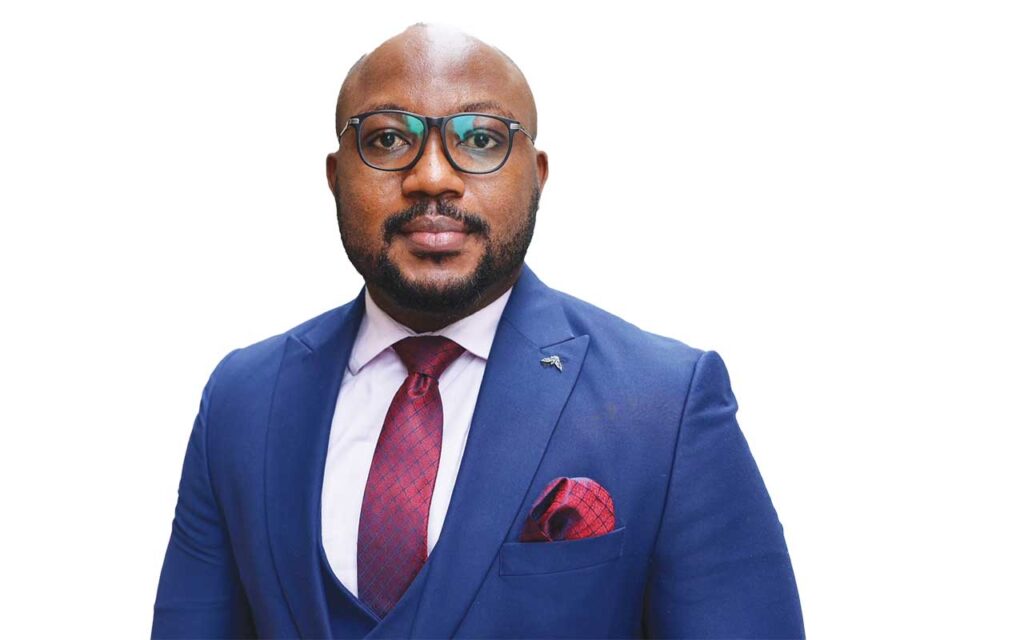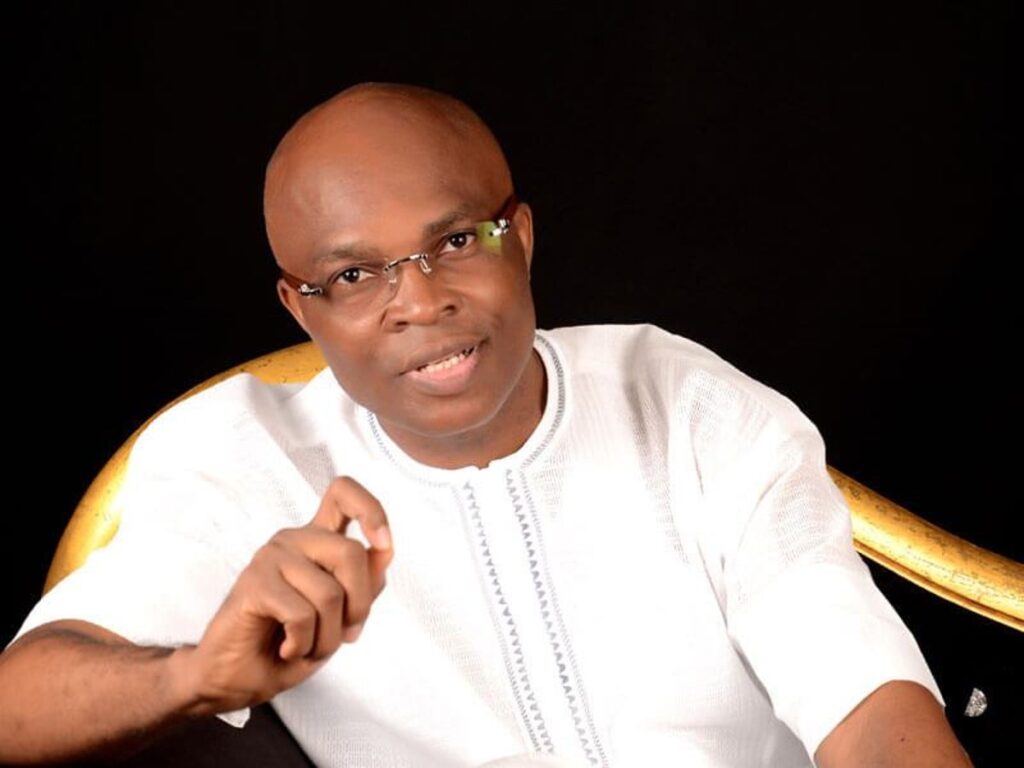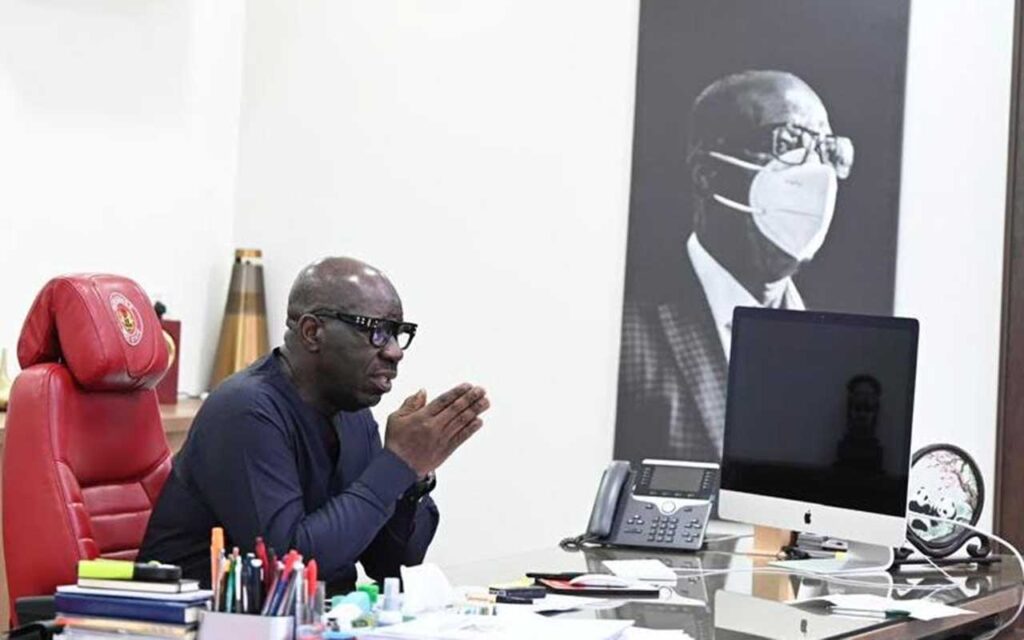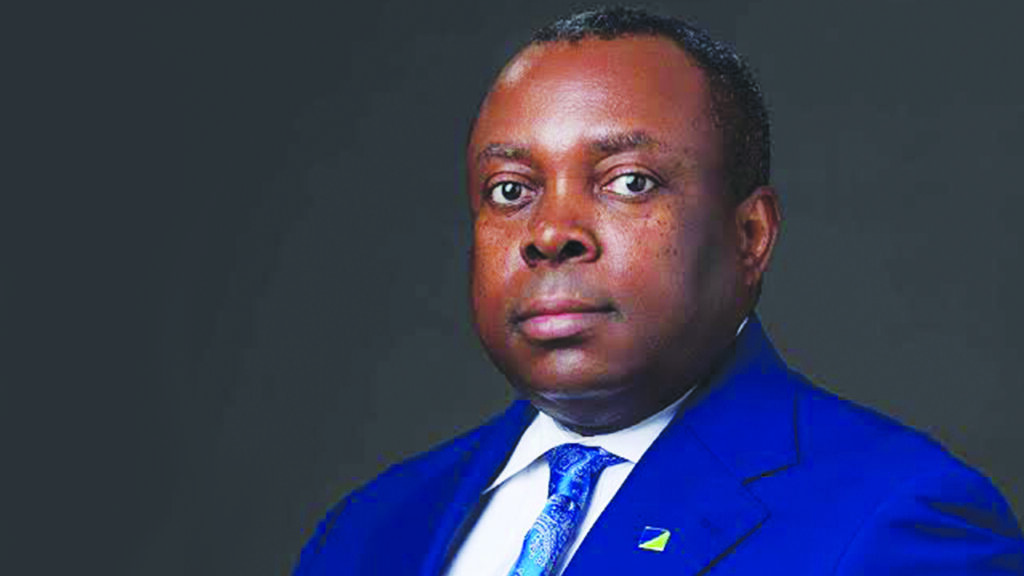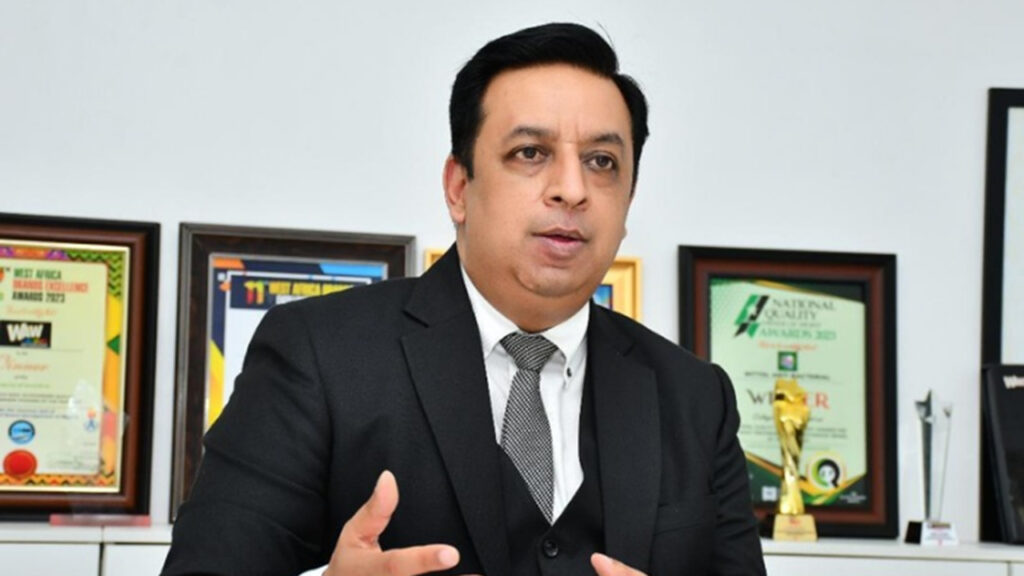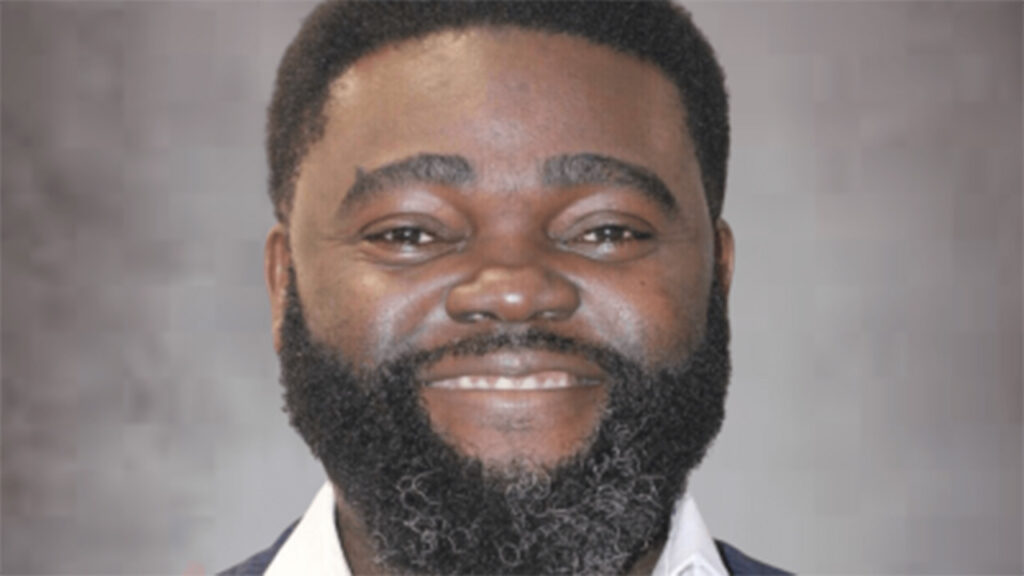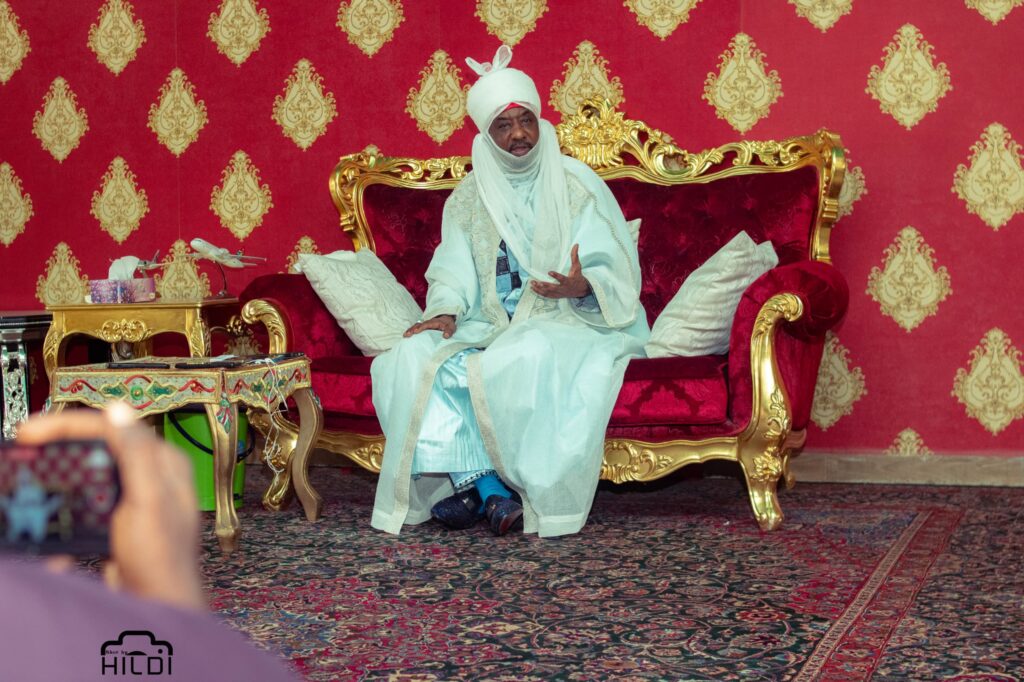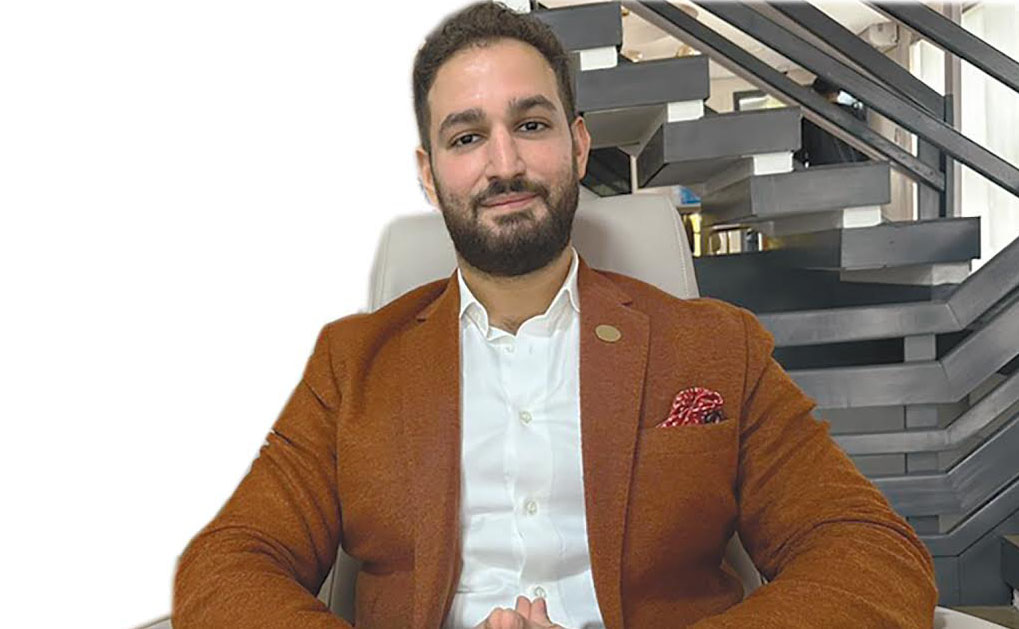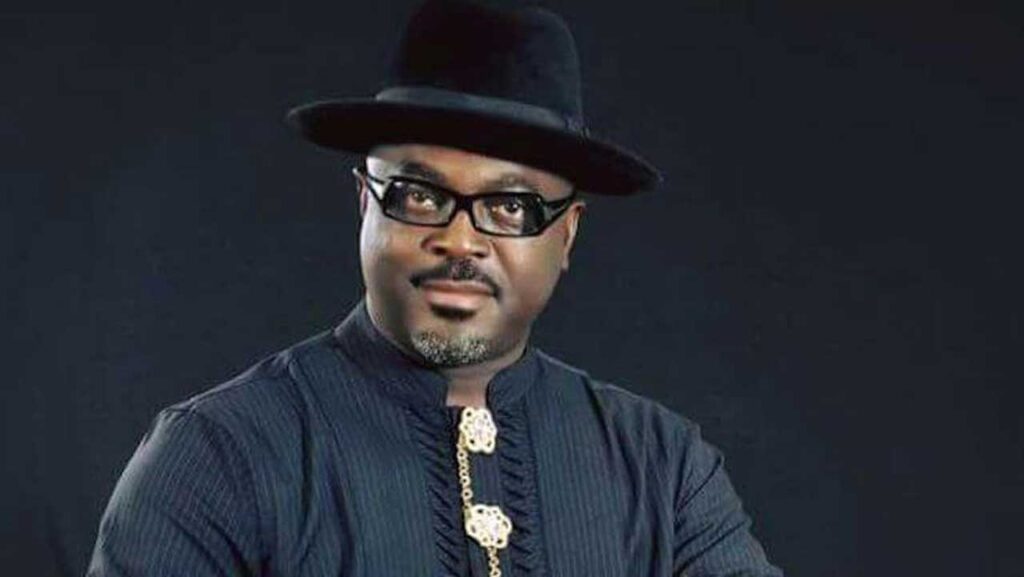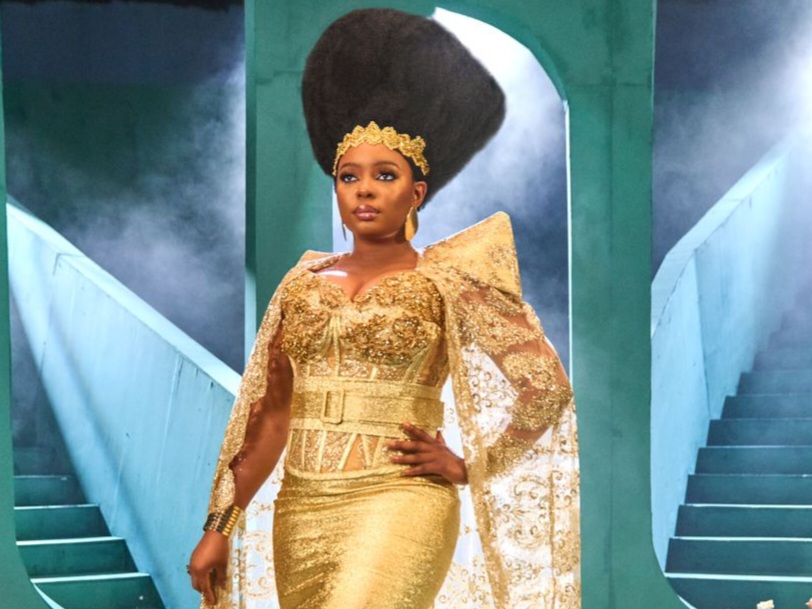
The Managing Director, Coca-Cola Nigeria Limited, Mr. Alfred Olajide, in this chat with OPEYEMI BABALOLA, spoke on his company’s journey of doing business in Nigeria in the last 70 years, among other issues.
With many more years to look forward to, how does Coca-Cola plan on delivering fresh value to Nigerians?
Consumers can expect continued refreshment from our brands as they remain at the centre of our strategies, and everything we do ensures their total satisfaction. With a market as large and diverse as Nigeria, I believe there are more opportunities for growth and a larger market share. Rest assured, we will continue to listen to their needs and provide beverage solutions in response to them, while enriching their lives with more connective experiences. We have represented a beacon of hope for many; it is our goal that we continue to be a brand that is analogous to quality, connections and happiness.
Can you give us a brief background on Coca-Cola Nigeria and what the journey has been so far for the company?
It is as much a story of hard work, innovation, and steadfastness as it is a story of inevitability. Coca-Cola is famed for its ubiquitousness and pedigree of being available in even the most remote of areas, so our success in Nigeria could well have been telegraphed. From our first bottle being manufactured 70 years ago in our first factory in the country, to becoming a household name and a loved brand – I’d say it’s been an incredible journey – a fulfilling journey!
In our 70 years of doing business in this great nation, we have created memories for millions of people through our affective marketing campaigns and promotions. We have also made a difference in the lives of Nigerians through our robust sustainability initiatives that span across key stress areas. The impact of the Coca-Cola brand on Nigeria is evident for all to see – from employing thousands of Nigerians to projecting Nigeria as a destination for investment, I’d say it has been a rewarding and mutually beneficial relationship between us and our Nigerian community.
Sure, there have been some demanding moments peppered in our history here, but these were developments that only made our bond with our community stronger and more likely to last. It’s a sentiment I’ve always echoed, but it has been the perfect marriage.
The media has been agog with news of Coca-Cola Nigeria’s business and brand success, and this is despite the economic uncertainties of the past 18 months. What would you say has enabled this?
Well, as you all know – it has been an incredibly difficult two years for everyone. With COVID-19, its attendant effects, as well as economic and socio-political developments disrupting our way of life, businesses have had to adapt their strategies to fast-changing realities.
Looking back into the past 24 months, the country’s poor economic performance due to a number of factors left us with a record-number inflation rate, which meant we had to think on our feet and make difficult business decisions. With inflation comes an increased cost of production and living, and this is not within our control. However, with our foresight, we anticipated these developments and created more value-based SKUs. Over the years, we have developed smaller packaging for our product variants to cater to consumers with lower purchasing power.
We also created campaigns that resonated with our consumers. The last two years have taught us so much about the mindset of consumers these days. No longer do they want to be subject to overly aggressive advertising; they want brands that actually make an impact with whatever they say or do. They want brands that support them and their struggles; brands that understand them; brands that genuinely want to make a difference in their lives. And this is what we have always been and will continue to be.
Over the past five to six years, we have also seen the introduction of brands with aggressive introductory strategies disrupting the market and presenting numerous options for Nigerians. I believe this development has made us at Coca-Cola even better, as we constantly reinvent ourselves while sticking to our core value of customer satisfaction, to remain competitive and in a leading position.
The Coca-Cola Company recently unveiled a global brand philosophy – Real Magic. How do you think the theme of the philosophy will be received by Nigerian customers?
I believe it resonates beautifully with Nigerians, especially the younger generation. Although it’s our first global campaign since 2016, Real Magic is not necessarily a major departure from our messaging in the past. In fact, it still captures the essence of the Coca-Cola brand, whose long-term brand philosophy and belief encourages people to indulge in a sense of community and to view life with a renewed sense of purpose.
In a year marked with uncertainties and increased difficulty for Nigerians, the Real Magic messaging could not have come at a better time. It encourages us to embrace the complexities of life as we know it; it gives a fresh perspective on the everyday moments we typically dismiss and it highlights how these shared mundane experiences should be cherished. In a period of fractured relations, it preaches unity in diversity, it preaches inclusion and opposition to marginalisation. It presents a better worldview for older and newer generations, encouraging them to always find the magic in humanity.
The important message behind Real Magic is to celebrate the magic of humanity. How would you say Coca-Cola has impacted the Nigerian community and environment?
I’d say we have made a tremendous impact on this country. We believe that businesses are only as sustainable as the communities in which they operate which is why we aim to make a difference in people’s lives, communities, and our planet by doing business the right way. Our company’s purpose has been the guiding framework in shaping our response across communities now and in the future. Our goal is to refresh the world and to make a difference by providing loved brands, done sustainably, for a better-shared future, and I believe we have done just that.
This is evidenced by the myriad initiatives we have implemented and funded over the years across our key sustainability pillars such as Women Empowerment and Youth Development; Water Stewardship; Climate action and a World Without Waste, and Wellbeing.
For example, our 5 by 20 programme, focused on empowering women and youths, has impacted 6 million women worldwide; our World Without Waste initiative, which has seen us invest millions of dollars into eradicating waste, focuses on protecting the environment; our water stewardship programmes such as RAIN has seen us ensure improved water access and sanitation for underserved communities in Africa, including Nigeria and finally, our wellbeing initiatives like the Safe Birth Initiative (SBI) has seen us invest over 1 million dollars in a bid to reduce maternal and infant mortality while increasing access to quality healthcare facilities.
Can you shed some more light on the sustainability initiatives that are directed towards the women and youth in Nigeria?
Over the years, it has become evident that women are integral to Coca-Cola’s shared success. The company has shown its commitment to empowering women both in the workplace and across the world and this is based on the belief that women are not only essential to building thriving communities, but are also one of the biggest accelerators of economic growth globally.
Most of our women empowerment and youth development initiatives are focused on ensuring financial inclusion for these marginalised groups. Without the input of these groups in conversations that matter, the larger populace more or less suffers for it. As pillars of their communities, women and youth invest a sizable portion of the income they earn in the health and education of their children and their local economies, which creates a tremendous economic impact.
Some of the landmark initiatives directed towards women and youth include the recent Project EQUIP initiative. Through this initiative, we want to ensure the empowerment of women and the development of youth in a bid to teach them to be self-sufficient, resourceful, and contributing members of society. With Project EQUIP, we hope to empower over 60,000 people across underserved communities in Kano, Lagos, Abuja, Benin, and Owerri.
Another notable initiative is the Special Intervention Programme through which over 20,000 women and youths were empowered with business skills across the 36 states of Nigeria. Across the 36 states, people were trained around the essentials of building a successful career alongside vocational training in skills that can easily be monetised such as catering, production of domestic essentials, and many more.
It’s worth mentioning that there are many more initiatives like these ones which our company has also led, such as SHAPE 2020 which we launched last year, Catalyst for Change (which is currently ongoing), Project Protect 10,000 and many more!
Coca-Cola Nigeria recently celebrated its 70th anniversary in Nigeria. Please share some of the memorable activities that were carried out…
I must say, all the activities we kicked off as part of the celebrations were exciting and impactful and I enjoyed them very much. The ‘Nigerians of Coca-Cola’ campaign was particularly impactful as it told a visual story of a diverse set of people across key regions in the country with different experiences and positive histories with Coca-Cola. These are people that have directly benefited from The Coca-Cola System’s operations and sustainability initiatives, and it felt surreal to see the impact we have made in their lives.
I also thought the ‘My Coke Moments’ campaign was remarkable as it sought to show how integrated Coca-Cola is in our lives, our childhood and our formative years. It further demonstrated Coca-Cola’s cultural relativism in Nigeria and showcased the brand’s longevity and ubiquitousness in the country.
The ‘Share A Trip With Coke’ activity was also a great campaign leg as well. My favourite, however, was the commemorative event we had to round up the campaign. It was a wonderful celebration and to see so many of our esteemed stakeholders share in our enthusiasm was great.


